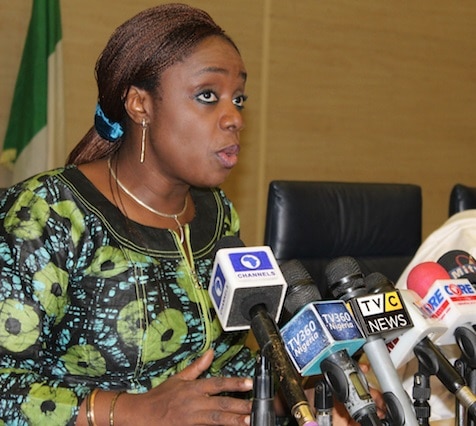There are concerns over the steady decline of Nigeria’s foreign reserves since the last three months despite the rise in oil prices and accruals from foreign bonds issuance. Exclusive findings by LEADERSHIP Sunday showed that the reserves recorded a huge decline from $47,787,183,153 billion where it was on June 22, 2018 to a “worrying” point of $45,468,258,469 billion on Thursday, September 6.
The reserves took a bullish peak between May 18 – when it was $47.799 billion, and June 21 – when it had the last high figure of $47,784,255,384 billion, according to data obtained from the Central Bank of Nigeria (CBN). Apart from oil which accounts for about 80 per cent of Nigeria’s foreign reserves, the federal government is also hoping to borrow N849 billion (denomination in dollars) from the foreign market to finance the N1.6 trillion budget deficit.
Experts have blamed the continuous decline in reserves on three factors: increased dollar supply by the CBN to the foreign exchange market, instability in the nation’s securities and exchange market, and the coming general elections in the country. Those who spoke with LEADERSHIP Sunday on the development at the weekend expressed worry that the situation could have negative implications on the fragile growth of the economy and consumer demand.
They said the decline in the external reserves would persist in the short term as demand for the green back grows amid the continued intervention of CBN in order to curtail the pressure on the naira at both the I&E and BDC segments as well as the expected increased demand by portfolio investors who have been reported to be leaving the country ahead of the 2019 general elections. Transactions on the floor of the equities reportedly took a bearish direction last week, with most highly capitalised securities not left out in the price nosedive, a development that forced market capitalisation to lose by about N4 billion in the weeklong trading.
By the close of business on Friday, the stock market had fallen further by 0.88 per cent amid sustained profit taking activity. The All–Share Index shed 304.15 absolute points, representing a decline of 0.88 per cent to close at 34,110.22 points. Also, the market capitalisation declined by N111 billion to close at N12.453 trillion. The fall was ascribed to profit-taking by investors or shareholders.
Nigeria operates a relatively regulated foreign exchange regime. The CBN had intensified injection of hard currencies into the forex market since it signed a currency swap deal with the Peoples Bank of China to ease pressure on the Nigerian foreign exchange market. On Friday, the Central Bank injected the sum $303.91 million into the interbank retail Secondary Market Intervention Sales.
This is in addition to the sale of CNY 46.58 million in the spot and short-tenored forwards. The director, Corporate Communications at the CBN, Mr. Isaac Okorafor, said the releases were for the payment of Renminbi denominated Letters of Credit for agriculture and raw materials. He added that the sales in the Chinese Yuan were through a combination of spot and short-tenored forwards, arising from bids received from authorised dealers.




